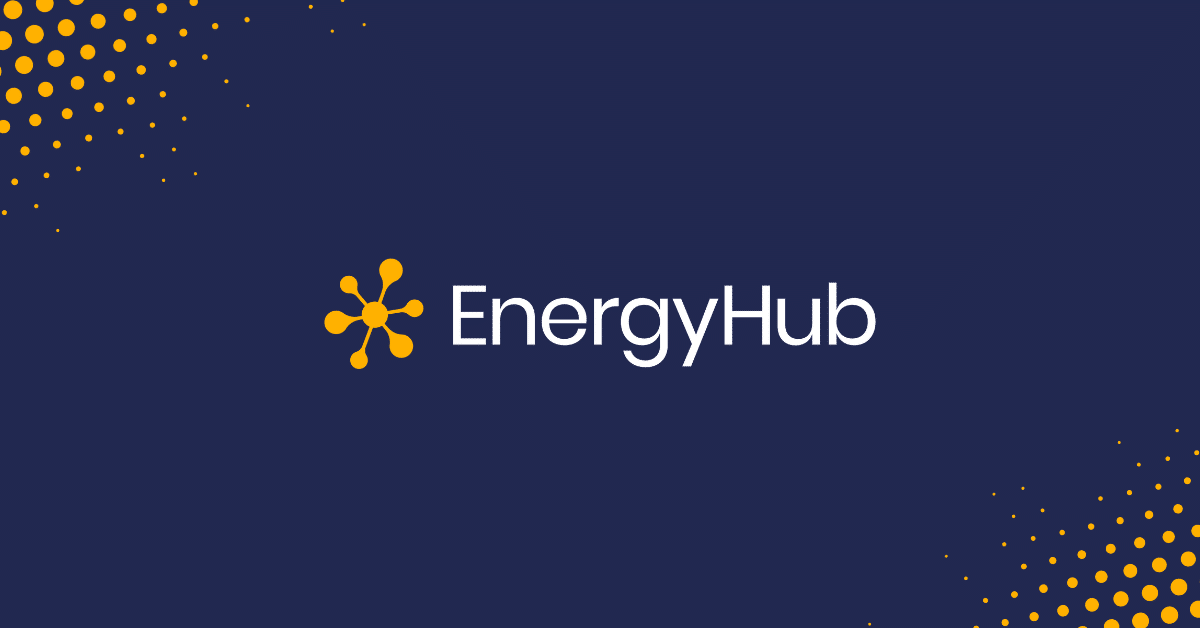
EnergyHub Team
June 14, 2011
EnergyHub applauds the White House’s efforts to expedite consumer access to energy use information. People are entitled to tools for understanding and controlling their daily energy use—it’s the first step toward reducing our consumption and making our homes more energy efficient.
Today the White House Office of Science and Technology released A Policy Framework for the 21st Century Grid. It asserted that utilities, and the public commissions by which they’re often governed, must find ways to improve consumers’ access to energy information.
From today’s release:
“This is one more step in our effort to modernize rural America’s electric grid,” said Secretary of Agriculture Tom Vilsack. “Smart grid technologies give consumers greater control over their electric costs and help utilities efficiently manage power generation and delivery.”
…
Consumers deserve access to their own energy usage information in consumer-friendly and computer-friendly formats. The Administration is committed to working with States and stakeholders to ensure all Americans can take advantage of new tools and services to manage their energy use and save on their utility bills. With proper privacy safeguards and consumer protections, a smarter electricity system can benefit all consumers.
White House Office of Science and Technology Press Release
Some of you may be surprised that this is even a debate at all, since we’ve become accustomed to highly detailed information from mobile phone service, Internet, and cable providers.
As investment in the smart grid continues to grow, valuable, detailed information about individuals’ energy use is becoming available. Some utilities, however, do not yet have the infrastructure in place to communicate this information back to the end user. They also may have decided that end consumer access isn’t a top priority or in some cases, may have even established policies preventing such access.
It’s time for that to change.
Information alone can help you find ways to cut back on the amount of energy you use. Here at EnergyHub, we’ve observed through pilots and other implementations of our technology that simply by seeing real-time electricity information, people take steps to reduce the amount they consume. This is confirmed by the story that was told at today’s briefing by students from a San Jose high school. They were able to cut back electricity on 13% – primarily as a result of access to timely information about energy use.
Savings potential is also validated by several third-party research studies that show a significant increase in savings resulting from capabilities such as individual appliance monitoring and control—up to 15% or more. These savings not only benefit consumers, but ease strain on the grid, deferring the need for costly upgrades to electrical infrastructure.
It’s imperative that planning for user access to information is integrated early in the process of any infrastructure upgrade. It’s why we applaud Texas (via Smart Grid Investment Grant as part of the ARRA) for its progressive work to make such access a reality today. It’s also why we’ve provided commentary on the California Public Utility Commission’s proposed privacy recommendation to expedite user access to energy information.
The EnergyHub system we’ve developed to help people better manage their energy use works best when such access is available. It can give you real-time insight into your home’s energy use along with historical information so you can make more informed decisions about undertaking valuable efficiency upgrades.
EnergyHub is proud to be a part of the White House’s working group on energy information, a consortium of organizations representing consumer interests.
For more information, please see The Obama Administration Grid Modernization press release.
Interested in keeping up with the latest dispatch from the grid edge?
Get our next post in your inbox.


